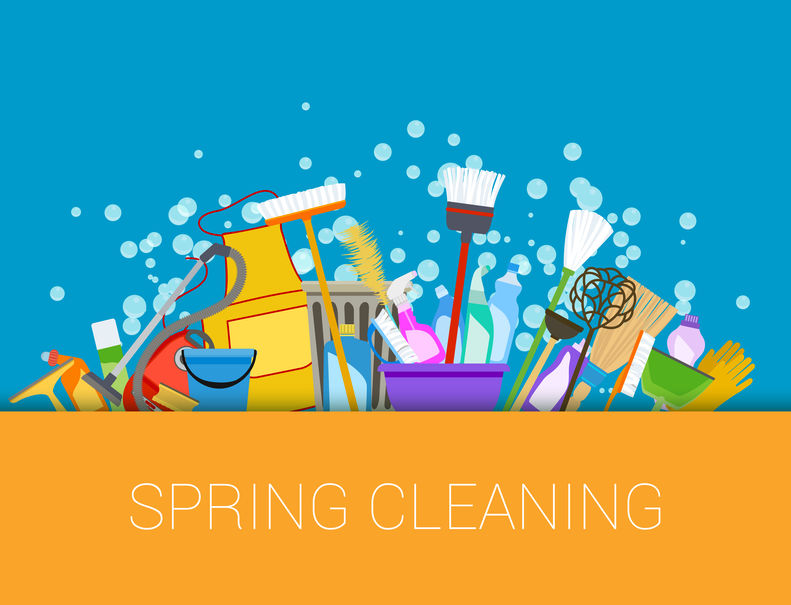No matter where you are in the United States, you can experience a flood. Many wish that they have protection when disaster strikes. That includes your stored items. Remember that you’re storing these items because they’re vital to you. You might wonder if storage unit insurance is worth it.
The short answer is, yes. This article will take a look at a quick guide on understanding storage insurance. Read on to learn all about it and how it can protect your items today!
What Is Storage Unit Insurance?
Many self-storage facilities will require you to have insurance on your items. Some facilities will even have policies that you can choose from. Keep in mind that they might not cover everything, including floods.
How Much Will a Storage Unit Insurance Plan Cost?
Depending on the value of your items, it can vary from as low as $8 to $38 a month. Some plans will offer you the option to upgrade with flood or rodent protection.
Understanding Your Policy
Some homeowners’ policies do cover storage units. As far as how much or what they’ll cover, you’ll need to reach out to your agent. Often, there’s a limit on how much they’ll cover when it’s not located within your home.
Speak with your agent about your coverage limit. Then you can buy storage unit insurance coverage for the amount that’s not covered.
See if your coverage protects you from earthquakes, insects, smoke, or water damage. You might also need to think about if there are expensive items and if theft occurs.
You’ll want to make sure that those items are protected. Some renters’ insurance might cover units at a storage facility.
Speak with your agent today. It’s easy to make the switch to storage unit insurance as well. Never assume that the policy will automatically cover your items.
Coverage Options
Depending on the policy and if you buy extra coverage, then you might have smoke or water damage protection. Many homeowner and renter policies don’t cover these.
If you decide to go with a 3rd party, find out the extent of smoke or water damage that’ll be covered. Also, think about the value of the items that you’ll be storing.
Should You Use What the Storage Facility Offers?
Keep in mind that as with other policies, there’s a limit to what’s covered. When it comes to deciding what the best policy is for you, it’s best to read through your current plan and do a comparison.
You might be able to add a floater to your current policy. This is in order to add more expensive items without paying more.
What It Covers
Your items will be covered under certain conditions depending on your coverage. It normally covers events that aren’t under your control such as natural disasters, fire, theft, lightning, etc. Certain damage such as mold, vermin, or flooding might not be covered.
How To Choose the Right Policy
First, make sure that you purchase insurance that’ll cover all of your items. Don’t go with the minimum option if it’s required. In case of an unforeseen circumstance, you’ll want to ensure that your items are protected.
Keep an inventory of the different items in your unit and their value. This will help you with picking out the right plan for your needs plus keeping track of the items.
Review the details of the different insurance plans available. Don’t go with the least expensive option possible, make sure that you read the details of it first.
See what’s covered and what’s not. Some high-valuable items might not be covered by certain forms of insurance.
Storage Insurance Policies
Since many homeowners’ and renters’ insurance plans have limits, storage insurance policies are an option. You can buy directly from a storage unit insurance policy and be covered fast.
You can also look into independent insurance providers and see what’ll be covered. Certain plans might be ideal since they can cover all of your items.
You’ll want to see what items are covered. Certain items such as watches, jewelry, art, and furs might not be covered.
Understanding Your Policy
It’s important to understand what’s covered including theft. Home invasion robbery sits at 14.3% of robberies in the United States.
Make sure that you understand the full terms and conditions of your policy. There are different terms such as exclusions, cash value, liability insurance, and the coverage limit.
Your coverage limit is the maximum amount that your policy will cover. If your items cost more than the coverage amount then you’ll want to consider additional insurance.
Liability insurance is there in case you or another person gets injured inside of your unit. Some policies might offer this at an additional cost.
Exclusions are what’s not protected. Be informed about what’s covered.
Cash value is when a policy will cover the cash value of a loss. It’s based on the current value of the items.
It’s not equivalent to replacement cost coverage. This is when you’re reimbursed for the total amount of the items.
Understanding More About Storage Unit Insurance
After exploring this guide, you should have a better understanding of storage unit insurance. Take your time picking out the right plan for you and your items.
Are you looking for a plan that you can trust to protect your items? From 2K to 25K, we have options when it comes to covering your items.
Contact us today! We’ll help you pick out the right coverage for your needs.
Need extras? We have additional coverage extras for as low as $1 extra/month!



Leave a Comment